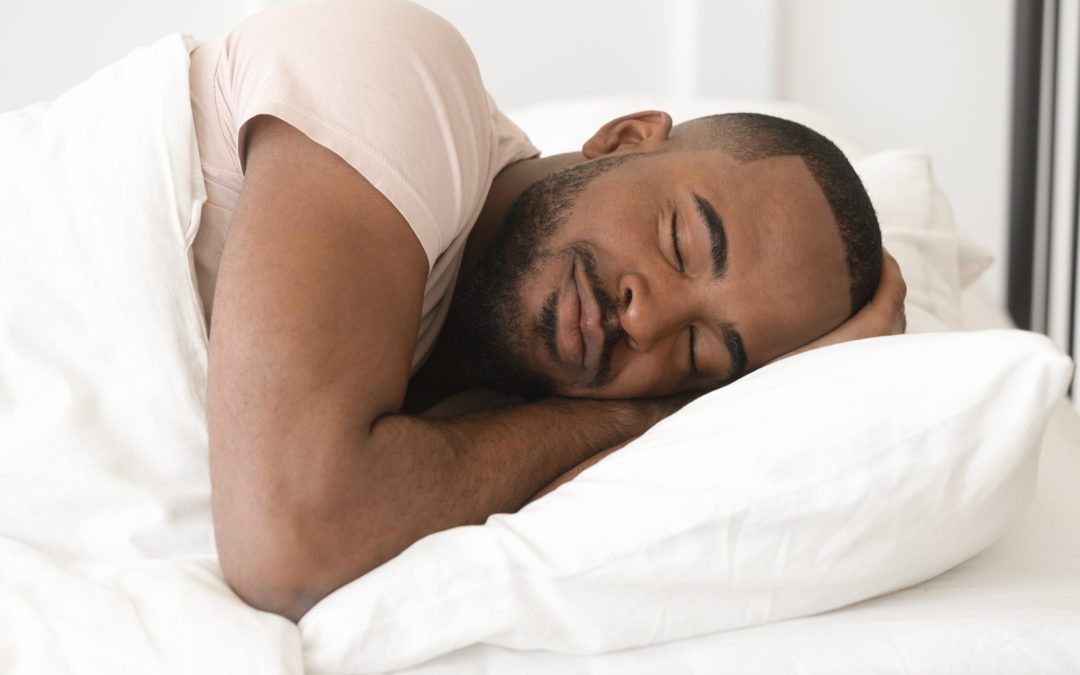For so many people who suffer from chronic pain, a good night’s sleep is a challenge. Often, pain is easier to manage during the day because we have many distractions. At night, with distractions removed, the pain experience can be more intense. So, why does it matter and what can we do about it?
Pain and sleep have a symbiotic relationship. Pain can make it difficult to fall asleep, stay asleep or feel rested when we awaken. Additionally, lack of sleep can exacerbate pain and our ability to cope with it. Thus, creating a vicious cycle of pain and lack of sleep. Because sleep plays a critical role in our bodies ability to restore and heal; it is important to address sleep concerns.
There are many tips for getting a better night’s sleep. First, it is important to identify what your sleep concerns are. Do you have trouble falling asleep? Waking during the night? Once you identify your sleep patterns you can start to try strategies to mitigate the problem.
Some general tips for a better night sleep include:
Develop a sleep routine, going to bed and getting up at the same time every day.
Turn off electronics 30 minutes before bedtime.
Design your bedroom for better sleep; room darkening shades, soothing colors can help.
Do not participate in mentally stimulating activities right before bed.
Avoid caffeine or other stimulants that can interfere with sleep.
Additional tips for those with chronic pain include:
Try taking a short walk in the evening before bed.
Focus on your breathing, slow deep breathing can help your body relax and fall asleep.
Yoga or tai chi has been shown effective in relaxing and preparing for sleep.
Take a warm shower or bath to relax your body before bed.
Body pillows, wedges, and other positioning devices can help you find a better position for sleep.
Talk to your physician about sleep concerns. Review your medication regime and discuss what changes might be needed to promote better sleep.
Think about what you consume in the evening and not just in terms of caffeine. Going to bed with too much food in your stomach or too little can disrupt your sleep. Additionally, some foods do help promote sleep, a warm glass of milk can help!
At Haven Spine+Pain, we know that when you are not sleeping everything in your life can feel out of sorts. We work with our patients to develop a comprehensive pain management plan so you can get the sleep your body needs.


Recent Comments